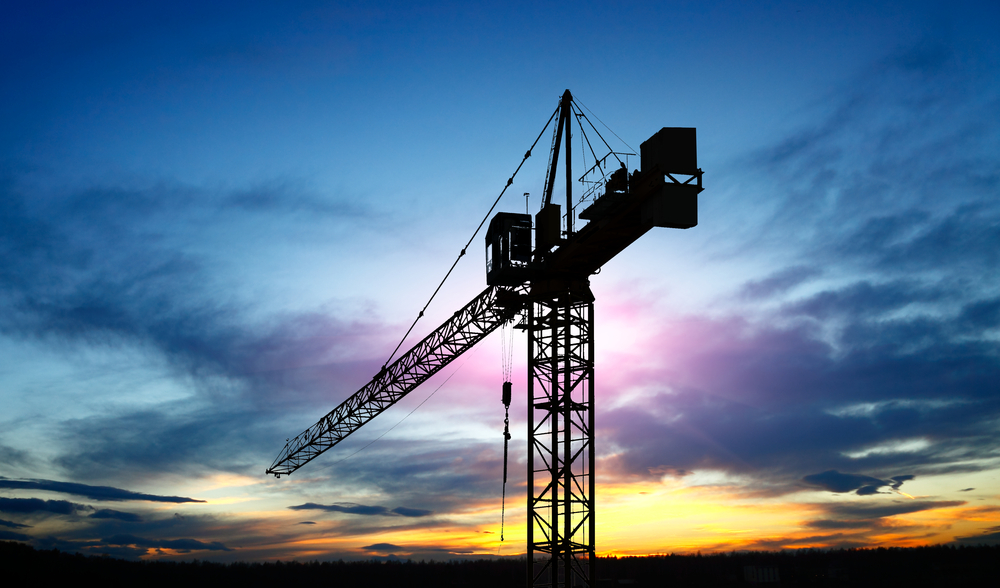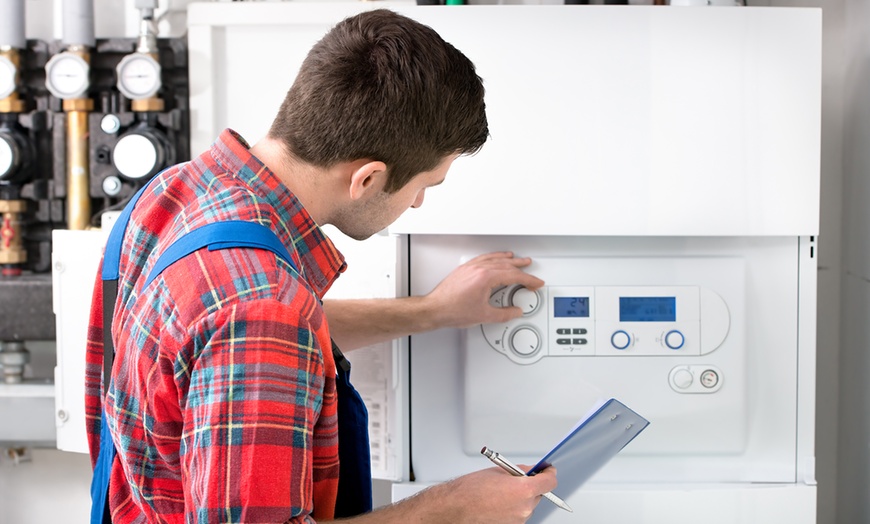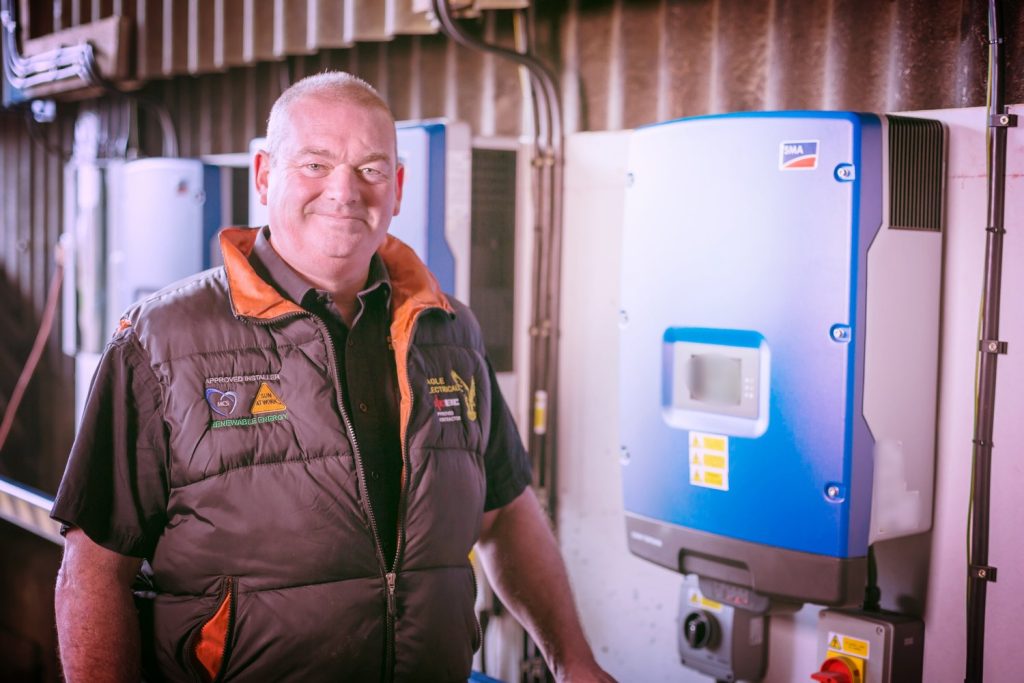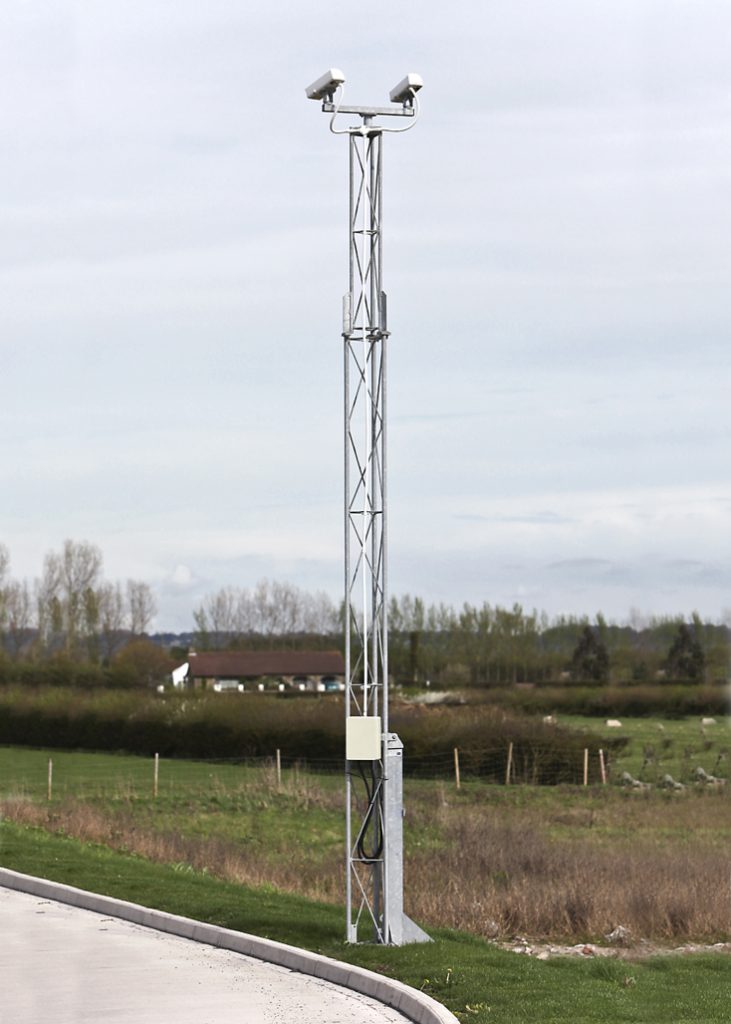In the realm of window technology, the choice between single, double, and triple glazing holds significant implications for a building’s energy efficiency and thermal performance. Each option offers a different level of insulation, and understanding the distinctions is crucial for making informed decisions in construction or renovation projects.

Single Glazing
Once a common practice, single glazing involves the use of a solitary pane of glass. While it is the most straightforward and cost-effective solution, single glazing has become less favourable in regions like the UK, where energy efficiency and thermal insulation are paramount. The inherent flaw in single glazing lies in its limited capacity to prevent heat transfer. In colder climates, this can lead to substantial heat loss, increasing the demand for heating systems and subsequently raising energy bills.
Moreover, single-glazed windows are less effective in controlling noise transmission, which can be a significant concern, especially in urban environments. In the UK, where the demand for energy-efficient housing has been on the rise, the drawbacks of single glazing have rendered it an outdated and less practical option for modern construction.
Double Glazing
In response to the shortcomings of single glazing, double glazing Ayr has emerged as a more effective solution. This technology involves the use of two panes of glass separated by a sealed air or gas-filled space. This design significantly improves insulation by creating a thermal barrier that reduces heat transfer between the interior and exterior of a building. The benefits of double glazing extend beyond mere thermal efficiency; it also provides an effective barrier against noise pollution, making it a preferred choice in bustling urban environments.
Condensation, a common issue with single glazing, is mitigated with double glazing due to the sealed space between the panes. In the UK, where damp and cold weather conditions are prevalent, the ability of double glazing to minimize condensation is a notable advantage.
Triple Glazing
For those seeking the pinnacle of insulation, triple glazing represents the next step in window technology. With three panes of glass and two sealed spaces, triple glazing offers superior thermal performance compared to its counterparts. This makes it particularly suitable for climates with extreme temperature variations, providing enhanced energy efficiency and comfort.
However, the decision to opt for triple glazing must be weighed against its higher cost. The additional thickness and weight may require sturdier window frames, contributing to the overall expense. In the UK, where energy-conscious practices are gaining momentum, the higher upfront investment in triple glazing is often considered justified by the long-term energy savings it delivers.
In conclusion, the choice between single, double, and triple glazing is a critical consideration in building design and renovation. In the UK, the shift away from single glazing reflects a commitment to energy efficiency and the recognition that outdated practices no longer meet the demands of a modern, environmentally conscious society. Double and triple glazing, with their enhanced insulation properties, stand as testament to the industry’s evolution towards sustainable and energy-efficient building solutions.






